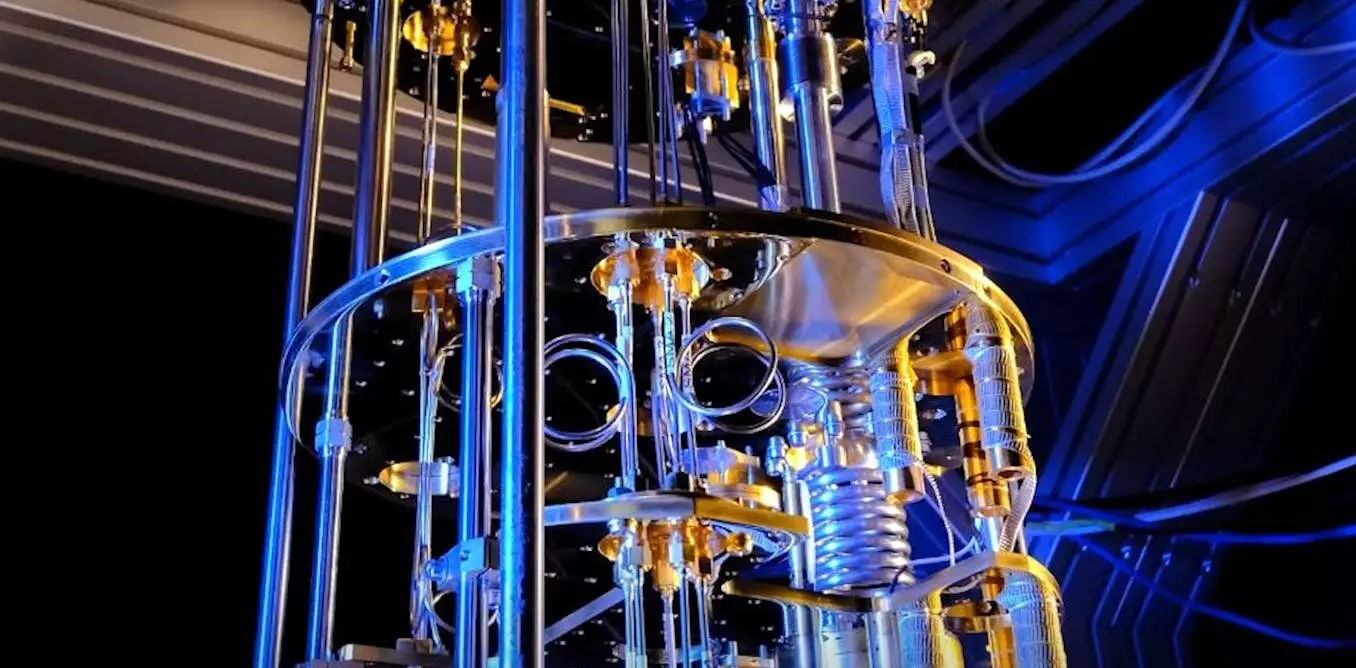Traditional quantum computing has been hindered by the requirement of extremely low temperatures, just fractions of a degree above absolute zero. This is necessary to isolate quantum phenomena needed for computing from the classical world. Operating at such low temperatures requires large refrigeration systems, making it difficult to scale up to the level required for practical applications in fields like material design and medicine.
Recent research published in Nature has shown that a certain type of qubit, based on the spins of individual electrons, can operate at temperatures around 1K. While still very cold, this is a significant improvement over previous examples. This breakthrough opens up the possibility of simplifying the cooling infrastructure needed for quantum computers, reducing operational costs and power consumption.
Industries such as drug design stand to benefit greatly from advances in quantum computing. The potential cost savings and efficiency gains from more accessible quantum computing technologies could revolutionize how we understand and interact with molecular structures. The ability to operate qubits at higher temperatures could lead to breakthroughs in these fields, driving innovation and progress.
While the ability to operate qubits at higher temperatures presents new possibilities, it also introduces new challenges. Higher temperatures may increase the rate of measurement errors, which could pose difficulties in maintaining the functionality of the quantum computer. As quantum computing technology advances, researchers will need to address these challenges to ensure reliable and accurate computations.
It is still early days in the development of quantum computers, with technical hurdles to overcome before they become as ubiquitous as silicon chips. However, the progress in operating qubits at higher temperatures represents a significant step towards simplifying the requirements of the system. This offers hope that quantum computing may soon extend beyond specialized labs and into broader scientific and commercial applications.
The research on higher temperature operation of qubits represents a promising advancement in the field of quantum computing. By addressing the challenges of traditional low-temperature operation, researchers are paving the way for more accessible and practical quantum computing technologies. This breakthrough has the potential to revolutionize industries, drive innovation, and bring quantum computing out of specialized labs and into mainstream applications.


Leave a Reply